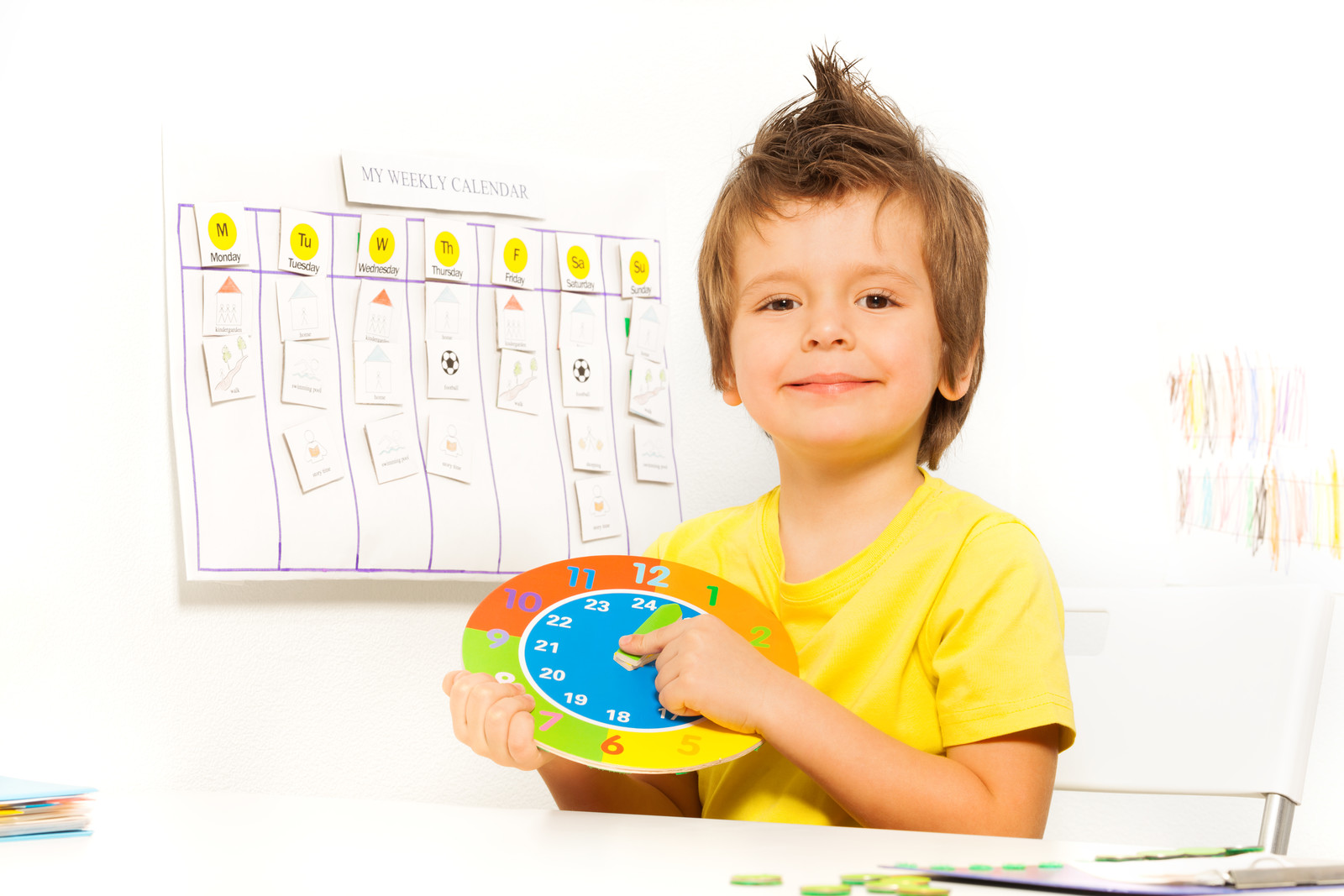We are in unprecedented times, but that doesn’t mean you can’t navigate this new territory and make it the best for you and your family. Our Children’s Services Director, Rachel Anderson, shares effective ways to establish a new routine and stay motivated as we practice social distancing. Here are a few tips that you may find helpful as you establish new routines and schedules!
REMAIN REALISTIC. Although it may take some time for you to prepare, creating a schedule is the best way to stay productive and maintain purpose and drive during this time. The biggest factor to keep in mind is to create a realistic schedule for yourself and your child(ren). You don’t necessarily need to create a schedule to the minute, but creating a schedule with loose time blocks are helpful. These time blocks can include Breakfast, outside time, learning time or free choice.
Younger children might benefit from clear schedules that have pictures to depict the activity or expectation during the time block. Displaying this schedule somewhere for your child to see allows both you and them to establish a “first this, then that” system.
ALLOW CHOICE. We all like having the opportunity to be in control of what we are doing and when. During these unpredictable times, it can be helpful to allow children to have the occasional freedom to choose what goes into their schedules. Presenting a choice of activity to your child can sound like, “Do you want to have outdoor activity time before learning time?” or, “Do you want to eat outside and have a picnic instead of inside at the table?”
BE FLEXIBLE. Allow yourself and your children A LOT of flexibility. It’s okay to “skip” a lesson for the day or eat pancakes for dinner. While routine and predictability are wonderful, it’s okay to deviate once in a while if it alleviates stress for you and your child(ren).
SET GOALS. Select things to work on with your children that fit in naturally given the current situation. Now might be a great time to teach your kids everyday life skills or hobbies you haven’t had time in the past for. Examples can include teaching your child how to unload the dishwasher, create a simple meal, or master the two-wheeled bicycle.
- This is a great time to practice long-term independent living skills. To improve upon organizational and executive functioning skills, encourage your child to help with household chores and work on self-care and hygiene techniques. This can be incorporated for children of all ages by adjusting the level of difficulty for the age or skill level of your child. If your goal is centered around cooking, you can teach your five-year-old how to make a peanut butter and jelly sandwich and teach your 14-year-old how to make spaghetti and meatballs with a simple salad.
Remember to create goals that include varying activities. Educational goals like learning cursive or reading a chapter are just as important as recreational goals like playing interactive games or creating a scavenger hunt in your yard or neighborhood.
MOTIVATE, MOTIVATE, MOTIVATE. As much as you can, keep the motivation alive! Maybe this is accomplished through a reward system with a “do this, earn that” structure or something more creative like creating a visual mood board for the month.
STAY SOCIAL. While still adhering to the social distancing rules, encourage social interaction as much as you can. This goes for siblings as well as parents! Play games, eat at the family dinner table or hop on a video call with relatives and friends you can’t see in person. Although this time may be challenging, it also gives us ample opportunity to reconnect with the ones closest to us. Stay home, stay creative and stay healthy!
Contact us
SARRC remains open and committed to delivering medically necessary services to families living in Arizona. Below is a current list of services we are offering in a telemedicine format. For questions regarding a listed program, please contact 602.606.9806.
- JumpStart: Designed for families of young children who have been recently diagnosed or are at risk for ASD, JumpStart® is a six-week program that provides critical information, support and training so parents and caregivers feel confident and supported as they begin to make decisions for their child. Parents will learn strategies to immediately address their child’s communication and understand the ASD diagnosis.
- Parent Training: For a limited time, we are offering an accelerated 6-week parent training version of our traditional 12-Week Parent Training Program. Parents will still receive the
same coaching, strategies, and concepts, but parents and their SARRC Board Certified Behavior Analyst (BCBA) coach will meet virtually twice a week for six weeks. Our 12 week Parent Training option is still available. - Second Gear: Second Gear is an 8-week parent training program that provides information, consultation and coaching to parents of children with a diagnosis of ASD. Second Gear, currently offered as a telehealth model, provides parents with access to a Board Certified Behavior Analyst (BCBA) coach from SARRC.

